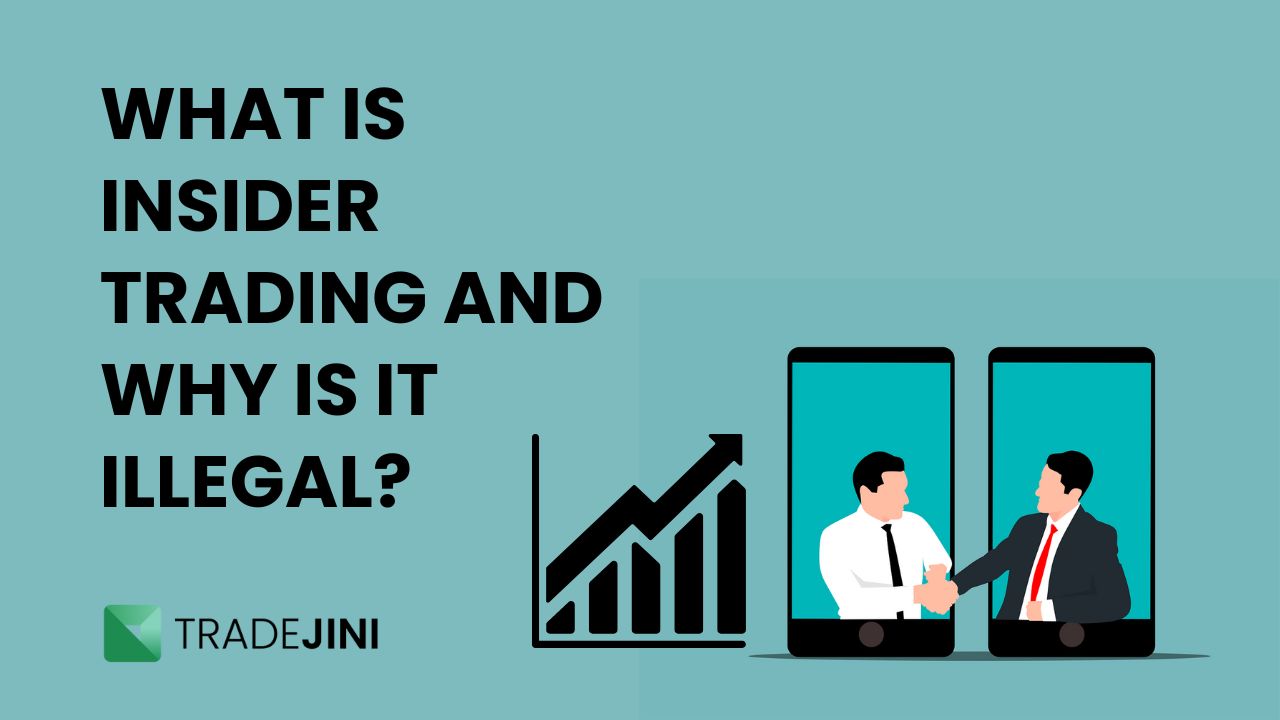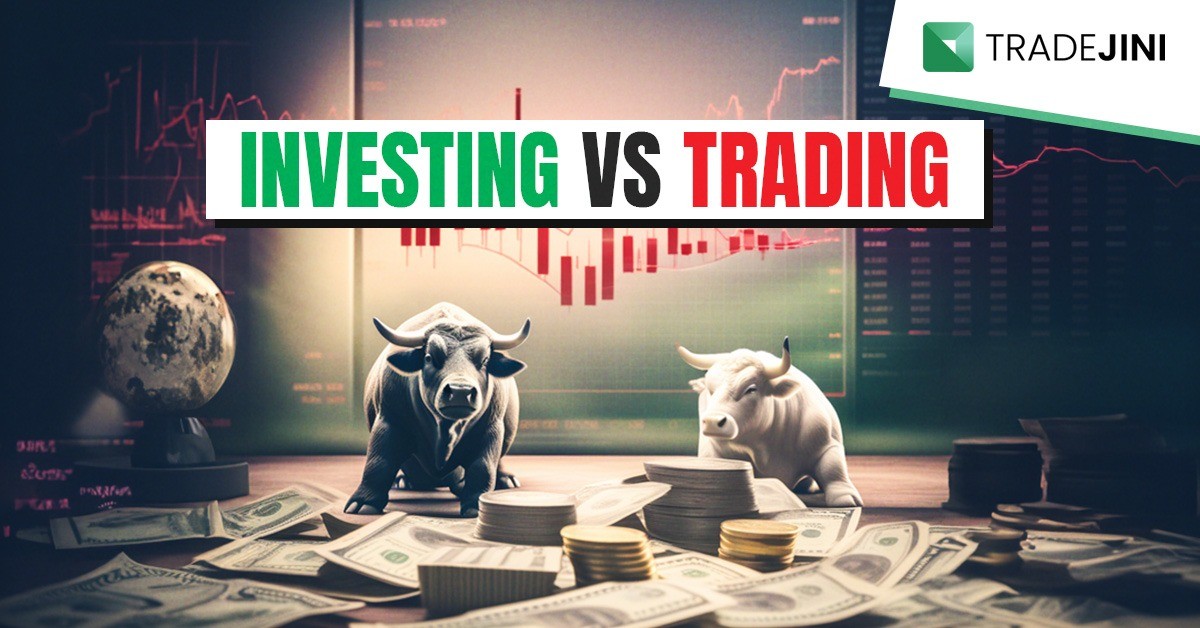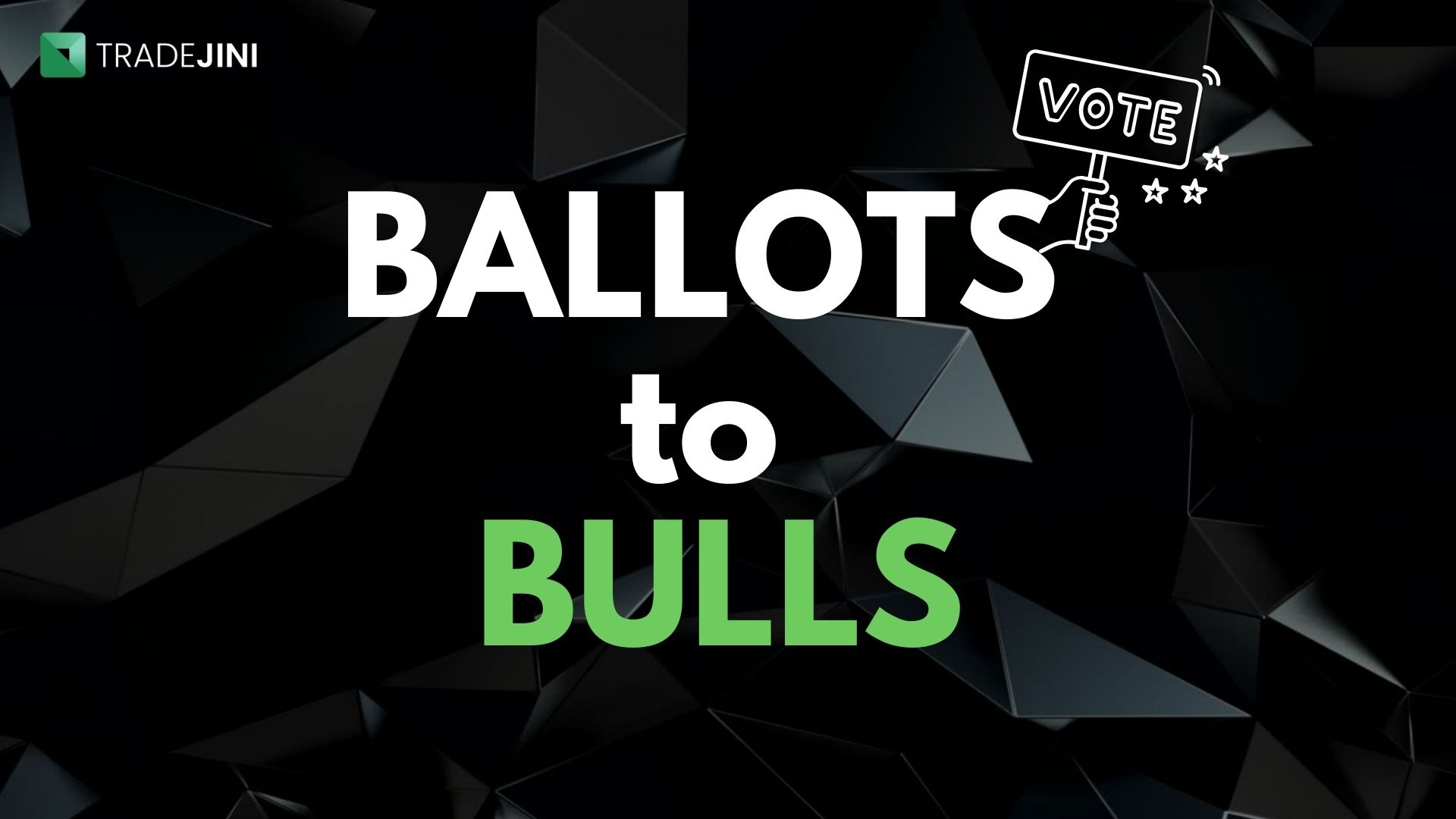Insider trading is a term that often makes headlines in the financial world, sparking debates on ethics and legality. In this blog post, we will delve into the meaning of insider trading, explore when it is considered legal, and provide examples to illustrate the concept. Understanding the nuances of insider trading is crucial for investors and traders to navigate the financial markets ethically and responsibly.
Insider Trading Meaning:
Insider trading refers to the buying or selling of a publicly traded company's stock by individuals who have access to non-public, material information about the company. This privileged information could include upcoming financial results, mergers and acquisitions, regulatory decisions, or any other data that could significantly impact the company's stock price. Insider trading is considered illegal when individuals use such confidential information to make trading decisions, giving them an unfair advantage over other market participants.
Why Insider Trading is Illegal:
Market Integrity:
Insider trading undermines the integrity of financial markets by creating an uneven playing field. When insiders trade based on non-public information, they distort market prices and compromise the fairness and transparency of the market.
Investor Confidence:
Illegal insider trading erodes investor confidence in the market, as it raises concerns about the fairness of trading practices. Investors may perceive the market as rigged in favour of insiders, leading to a loss of trust and credibility.
Unfair Advantage:
Insider trading provides individuals with inside information an unfair advantage over other investors who do not have access to the same confidential data. This advantage goes against the principles of fair competition and equal opportunity in the financial markets.
Also Learn: Scalping in Trading: How to Make it an Effective and Efficient Strategy?
When is Insider Trading Legal?
Pre-arranged Trading Plans:
In some cases, insiders may establish pre-arranged trading plans, known as Rule 10b5-1 plans, to buy or sell company stock at a future date, regardless of any material non-public information they may possess. These plans are established in advance and executed automatically without the insider's discretion.
Public Disclosure:
If insiders trade based on information that has been disclosed to the public, such as through regulatory filings or press releases, it is generally considered legal. Trading on information that is already in the public domain does not constitute insider trading.
Gifts and Inheritance:
Insiders may also trade company stock as gifts or as part of an inheritance, provided that the transactions comply with regulatory requirements and are not based on non-public material information.
Insider Trading Examples:
Martha Stewart:
One of the most famous insider trading cases involved Martha Stewart, the American businesswoman and television personality. Stewart was convicted in 2004 for selling shares of a biopharmaceutical company, ImClone Systems, based on insider information about an impending regulatory decision that would negatively impact the stock price.
Raj Rajaratnam:
Raj Rajaratnam, the founder of the Galleon Group hedge fund, was convicted in 2011 for orchestrating a massive insider trading scheme that involved obtaining confidential information from corporate insiders and using it to make profitable trades in several companies.
Carl Icahn:
In 2011, billionaire investor Carl Icahn came under scrutiny for his trading activities in shares of Clorox Company. While Icahn denied any wrongdoing, the Securities and Exchange Commission (SEC) investigated whether he engaged in insider trading by sharing non-public information with other investors.
Conclusion:
In conclusion, insider trading is a complex and contentious issue that raises ethical, legal, and regulatory concerns in the financial markets. While illegal insider trading can have detrimental effects on market integrity and investor confidence, there are instances where insider trading is considered legal, such as when transactions are conducted in compliance with regulatory guidelines and public disclosure requirements. By understanding the implications of insider trading and the boundaries of legality, investors and traders can uphold ethical standards and contribute to a fair and transparent market environment.
Also Read: Intraday Trading vs. Swing Trading: What's the Difference?



